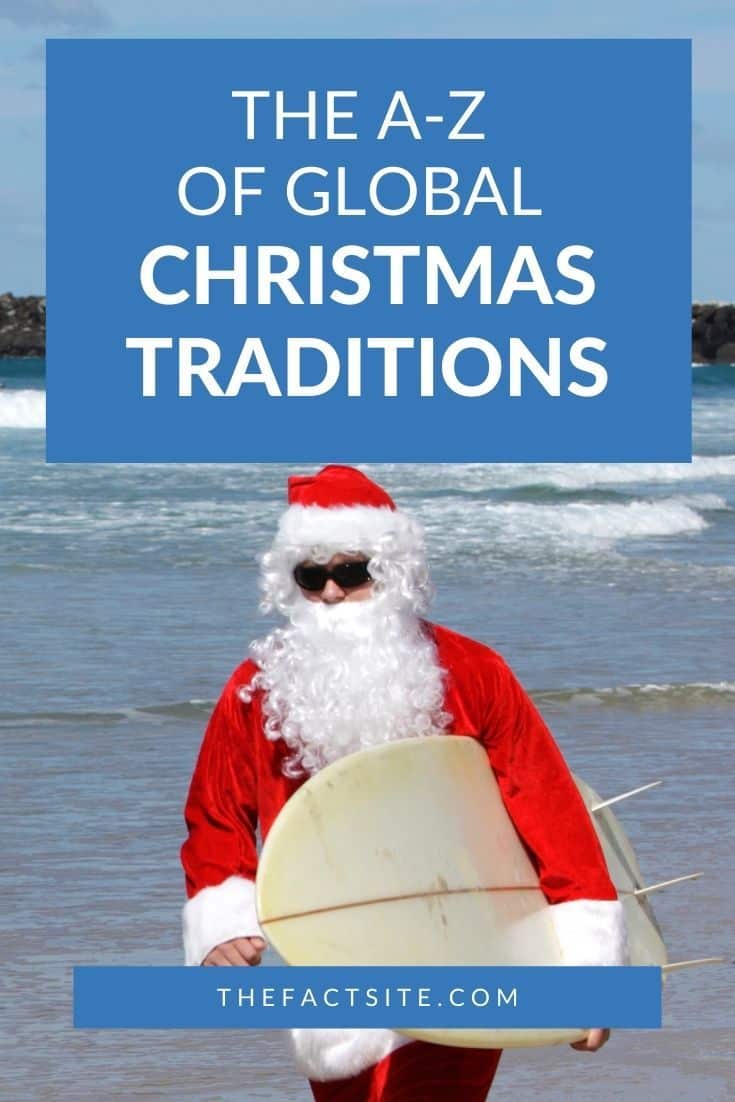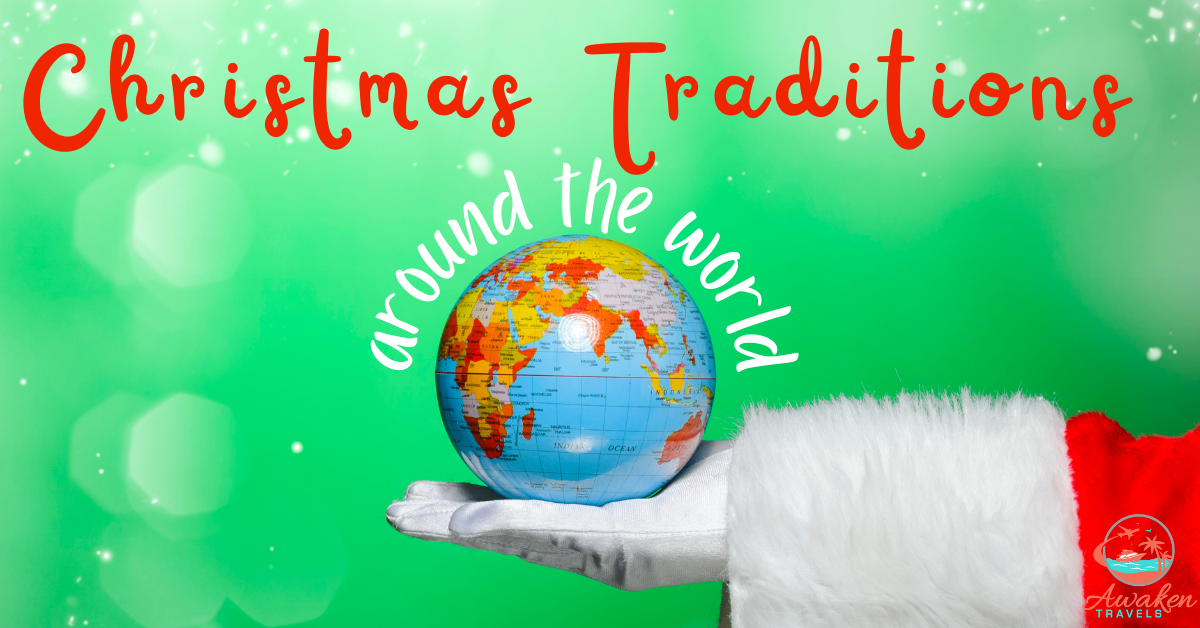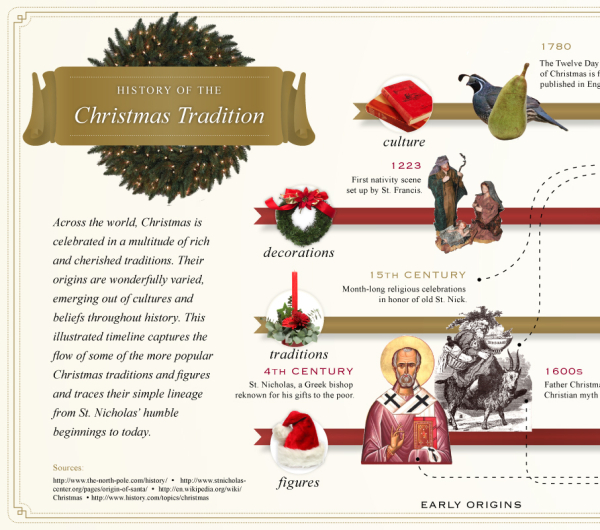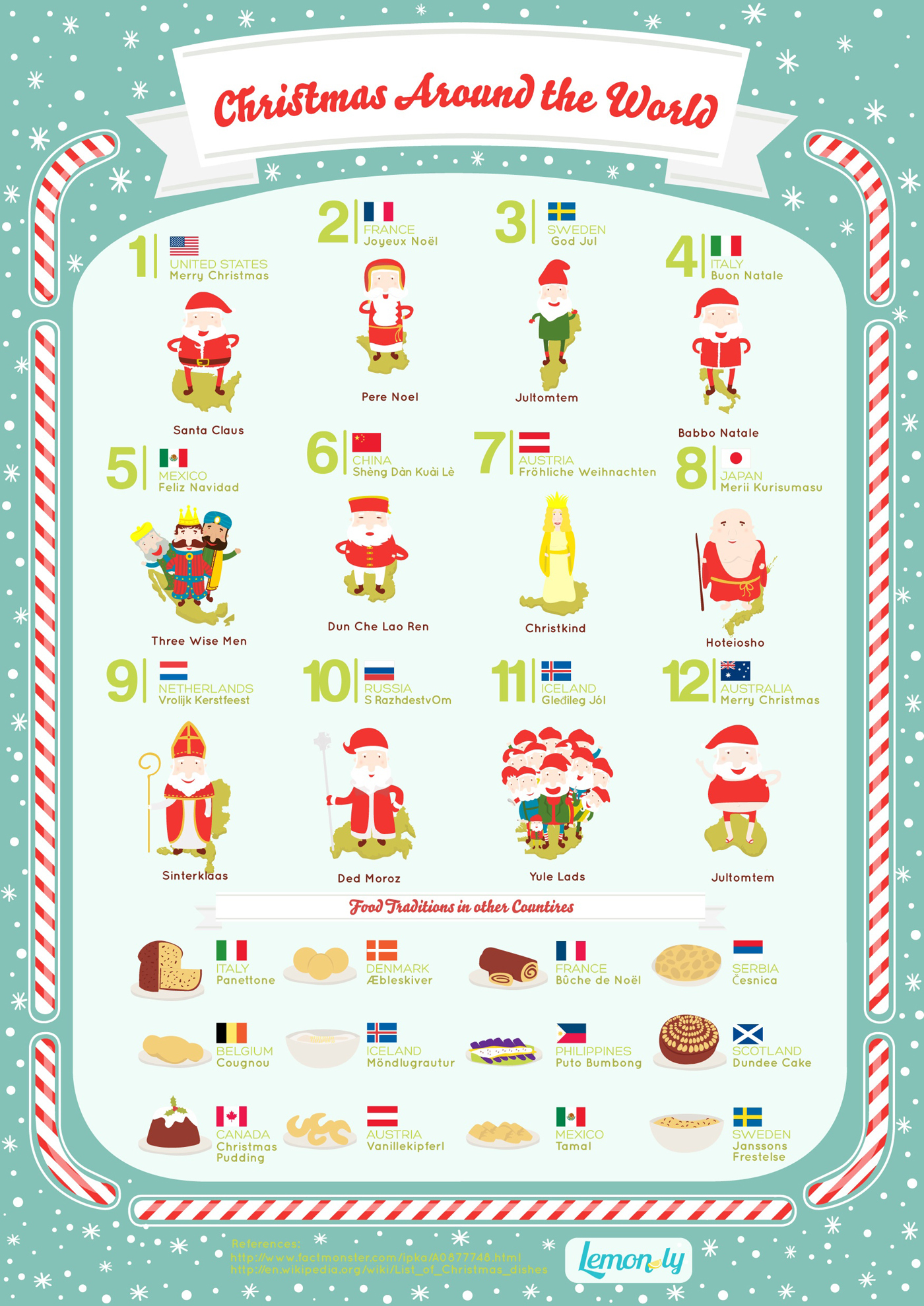The Evolution of Christmas Traditions: A Global Perspective
Related Articles: The Evolution of Christmas Traditions: A Global Perspective
Introduction
In this auspicious occasion, we are delighted to delve into the intriguing topic related to The Evolution of Christmas Traditions: A Global Perspective. Let’s weave interesting information and offer fresh perspectives to the readers.
Table of Content
The Evolution of Christmas Traditions: A Global Perspective

Christmas, a holiday celebrated annually on December 25th, holds a significant place in the cultural fabric of many societies worldwide. While its origins are rooted in the Christian celebration of the birth of Jesus Christ, the holiday has evolved into a complex tapestry of traditions, rituals, and symbolism that vary greatly across cultures and geographies. This article delves into the historical development and cultural significance of Christmas, exploring its diverse manifestations and examining its enduring appeal.
Origins and Early Development:
The origins of Christmas can be traced back to the 4th century CE, when the Roman Empire formally recognized Christianity. The date of December 25th was chosen to coincide with the Roman festival of Saturnalia, a celebration of the winter solstice. This strategic move aimed to integrate existing pagan traditions into the Christian faith, facilitating its spread and acceptance among the Roman populace.
Early Christmas celebrations were primarily focused on religious observances, including church services, scripture readings, and acts of charity. The holiday was observed with solemnity, emphasizing prayer, reflection, and the spiritual significance of Christ’s birth.
The Rise of Secular Traditions:
Over time, Christmas gradually transitioned from a purely religious celebration to a more secular holiday encompassing a broader range of traditions. The influence of medieval European folklore, particularly the legend of Saint Nicholas, contributed to the development of gift-giving practices associated with Christmas. The concept of Santa Claus, a jolly figure delivering presents to well-behaved children, emerged from these folklore influences.
The Victorian era witnessed a significant shift in Christmas celebrations, with a greater emphasis on family gatherings, feasting, and festive decorations. The iconic Christmas tree, originally a German tradition, became a popular symbol of the holiday, representing the Tree of Life and symbolizing the joy and hope associated with Christmas.
Global Variations:
Christmas traditions have evolved uniquely in different regions of the world, reflecting local cultures and historical influences. In Latin America, Christmas is often celebrated with elaborate processions, vibrant decorations, and traditional music. In Scandinavian countries, the holiday is marked by the celebration of Yule, an ancient pagan festival, incorporating elements of folklore and mythology.
In Eastern Orthodox Christianity, Christmas is celebrated on January 7th, following the Julian calendar. This difference in calendar dates reflects the historical and cultural divergence between the Eastern and Western branches of Christianity.
Modern Celebrations:
In contemporary society, Christmas continues to be a widely celebrated holiday, with a blend of religious and secular traditions. The exchange of gifts, festive meals, and family gatherings remain central to Christmas celebrations in many parts of the world. However, the holiday has also become increasingly commercialized, with a focus on consumerism and the acquisition of material goods.
The Importance of Christmas:
Despite its evolution and commercialization, Christmas retains its significance as a time for reflection, family gatherings, and the celebration of hope and goodwill. The holiday provides an opportunity for individuals to connect with loved ones, share meaningful traditions, and express gratitude for the blessings in their lives.
FAQs:
Q: When is Christmas celebrated?
A: Christmas is celebrated annually on December 25th.
Q: What is the origin of Christmas?
A: Christmas originated as a Christian celebration of the birth of Jesus Christ.
Q: Why is December 25th chosen as the date for Christmas?
A: December 25th was chosen to coincide with the Roman festival of Saturnalia, a celebration of the winter solstice.
Q: What are some of the common Christmas traditions?
A: Common Christmas traditions include gift-giving, decorating Christmas trees, attending church services, singing carols, and sharing festive meals.
Q: How is Christmas celebrated in different parts of the world?
A: Christmas traditions vary greatly across cultures, reflecting local customs and historical influences.
Q: What is the significance of Christmas?
A: Christmas is a time for reflection, family gatherings, and the celebration of hope and goodwill.
Tips for Celebrating Christmas:
1. Focus on Meaningful Traditions: Engage in traditions that hold personal significance and create lasting memories.
2. Prioritize Family and Friends: Spend quality time with loved ones and strengthen bonds.
3. Practice Gratitude: Reflect on the blessings in your life and express gratitude for those around you.
4. Give Thoughtful Gifts: Choose gifts that are meaningful and demonstrate your love and appreciation.
5. Embrace the Spirit of Giving: Donate to charity or volunteer your time to help those in need.
Conclusion:
Christmas, a holiday with a rich history and diverse cultural expressions, continues to hold a special place in the hearts of people worldwide. Its enduring appeal lies in its ability to bring people together, foster a sense of community, and celebrate the values of hope, love, and goodwill. As the holiday evolves, it is essential to preserve its core values and embrace the traditions that make it meaningful and memorable.







Closure
Thus, we hope this article has provided valuable insights into The Evolution of Christmas Traditions: A Global Perspective. We hope you find this article informative and beneficial. See you in our next article!
